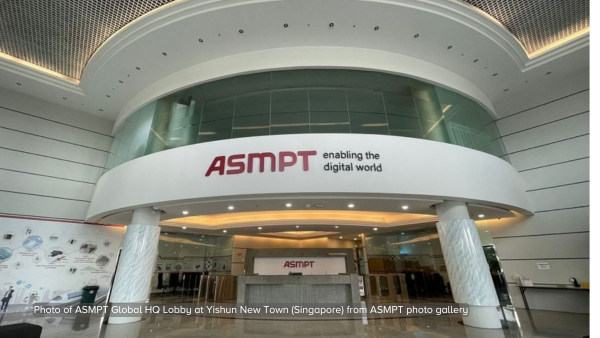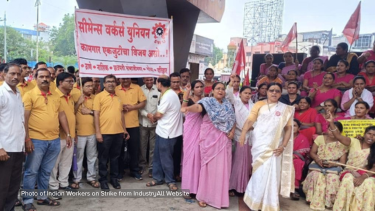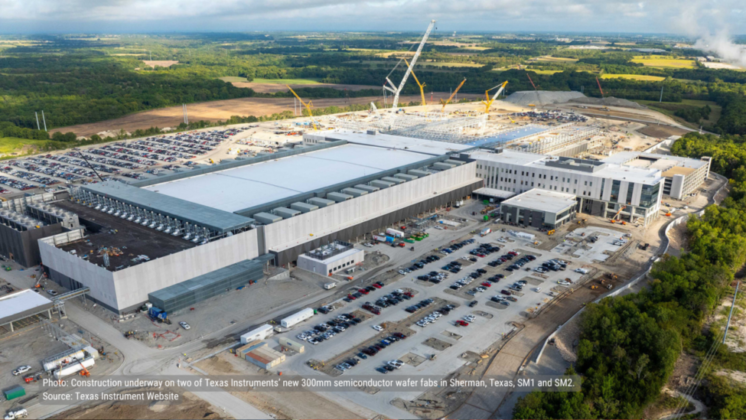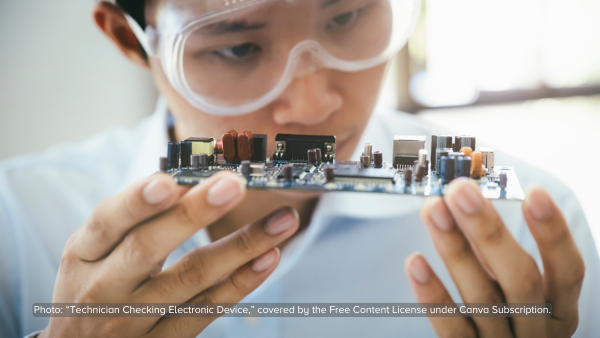Intel, HP, Apple, and Hewlett Packard Enterprise are leading in an industry where more action is needed to protect vulnerable workers
San Francisco, CA – As technology companies bring the world together, they are failing to connect with the workers in their own supply chains to address forced labor risks, KnowTheChain found in its second information and communications technology (ICT) benchmark. Released today, the benchmark ranks the top 40 global ICT companies—with a combined market capitalization of $4.7 trillion—on how they address forced labor in their supply chains.
Report-Information-and-communication-technology-benchmark-Know-the-Chain.pdf (7290 downloads )Intel, the leader of the benchmark, overtook both Apple and HP since 2016. Overall, major companies, including Intel, HP, Apple, and Hewlett Packard Enterprise, scored highest in the benchmark, but other important players, notably Amazon, did not perform as well. At the same time, Broadcom reduced its public disclosure dramatically, resulting in an 81% decrease in their score compared to 2016. While the majority of companies have taken steps to improve compared to 2016, the sector as a whole needs to take stronger actions to protect vulnerable workers.
Issue areas that have the most impact on workers’ lives, such as worker voice and recruitment, are among the lowest scoring themes for all companies. The report urges
companies to engage with workers, give them access to effective grievance mechanisms, and tackle the exploitation of migrant workers by implementing ethical recruitment practices and repaying workers for recruitment fees they may have paid. The average benchmark score was 32 out of 100 possible points, with Intel scoring highest (75/100) and Largan Precision scoring lowest (0/100). While the top scoring companies have strong practices in place regarding their first-tier suppliers, their efforts are not being matched by some of the world’s largest suppliers: six companies (Amphenol, Keyence, Microchip Technology, Corning, Broadcom, and BOE) who supply to the largest ICT companies in the benchmark scored below 10/100, thus taking limited steps to address forced labor in their own supply chains.
“This is the first time we’ve been able to measure companies’ progress against where they were two years ago,” said Kilian Moote, Project Director of KnowTheChain. “It’s encouraging that companies are starting to address forced labor. But this benchmark shows that the sector needs to advance their efforts further down the supply chain in order to truly protect vulnerable workers.”
“It is encouraging to see that a few leading companies are starting to take steps to ensure that workers in their supply chains are aware of their rights and have access to effective grievance mechanisms, something we have not seen in the previous benchmarks,” said Felicitas Weber, Business & Human Rights Resource Centre – KnowTheChain Project Lead. “However, given the continued exploitation of workers in electronic supply chains, companies need to take much stronger action and use their means and leverage to ensure workers’ voices are heard and that responsible recruitment practices are in place across their supply chains.”
In addition to ranking 40 ICT global companies and Such boards are a key technology in the push to make smartphones ever slimmer and more compact, as well as to deliver stable communications. Meiko has decided the new facility will also produce circuit boards for communications modules in automobiles — geared to work with so-called 5G, the next generation of mobile networks — to supply to the European, American and Japanese markets. The investment builds on the skills and experience built up since production started in 2011.
“Vietnamese workers stay at their jobs more than in other countries like China, and technological skills are improving,” said Shuji Ida, factory director of Meiko Electronics Vietnam.









